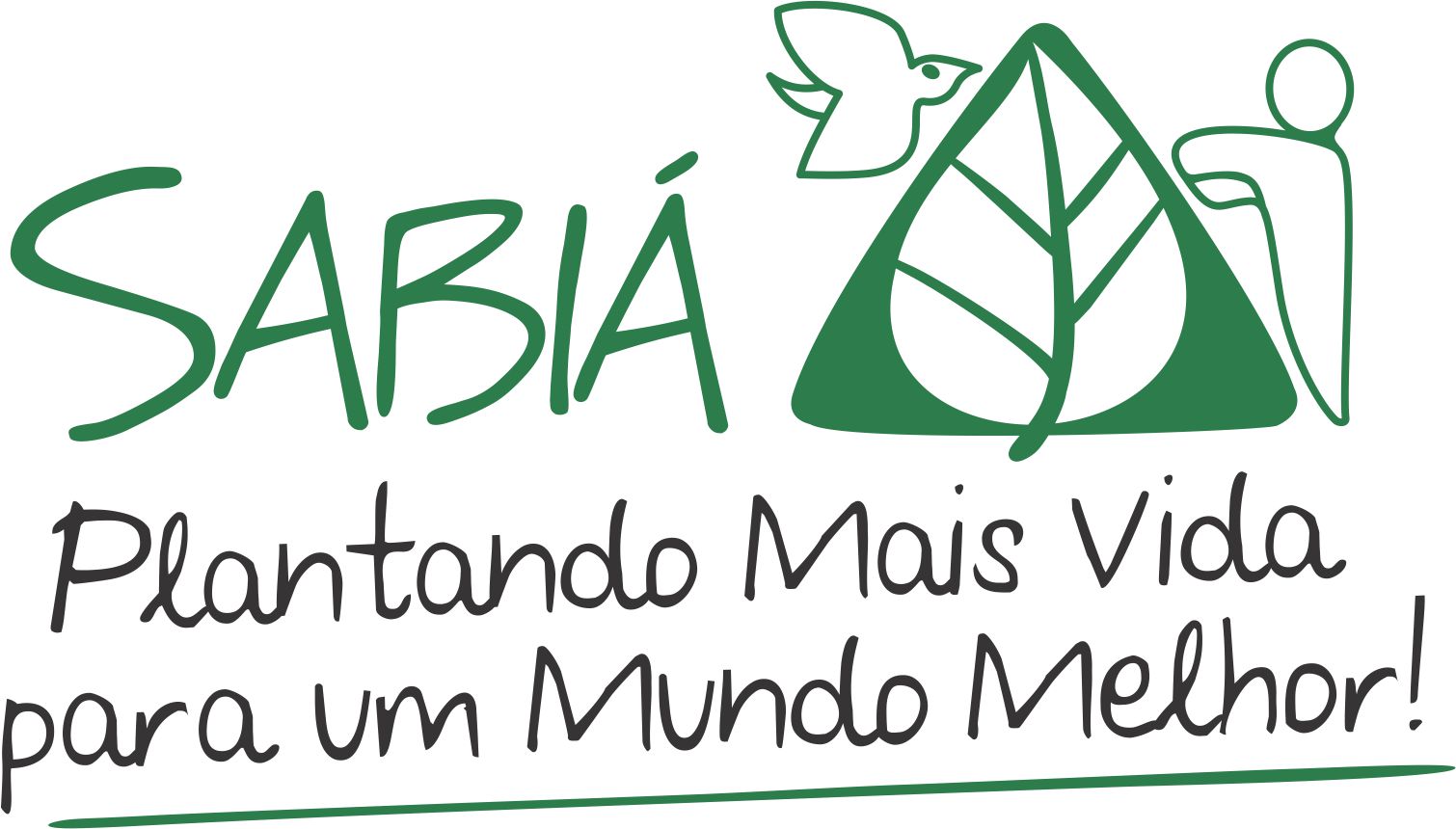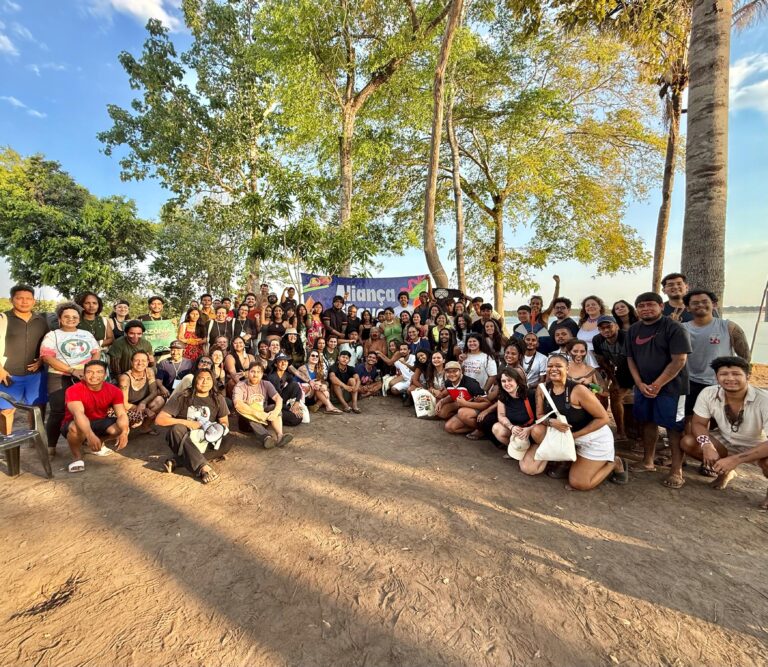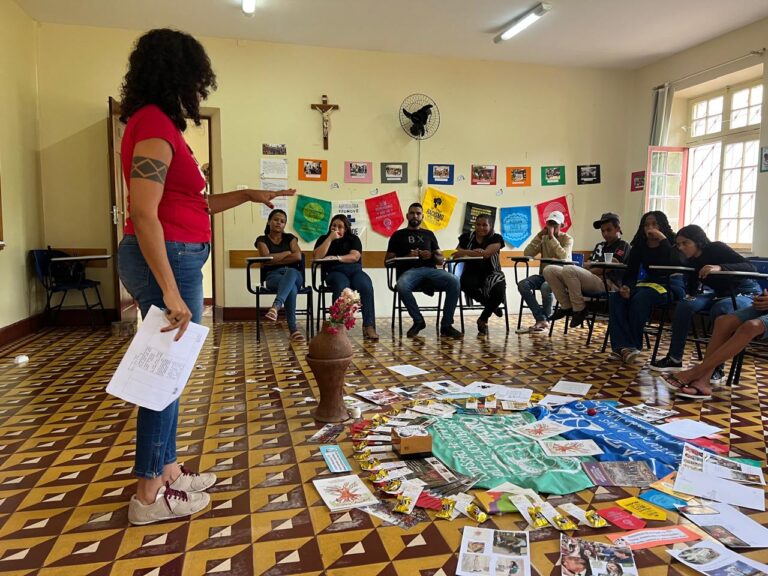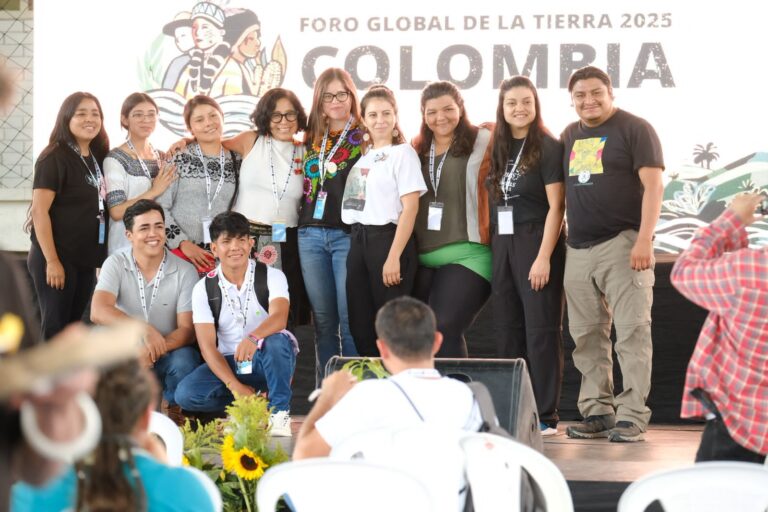X National Seminar on Agrobiodiversity and Creole Seeds
Ivan Bezerra
Young Multiplier of Agroecology
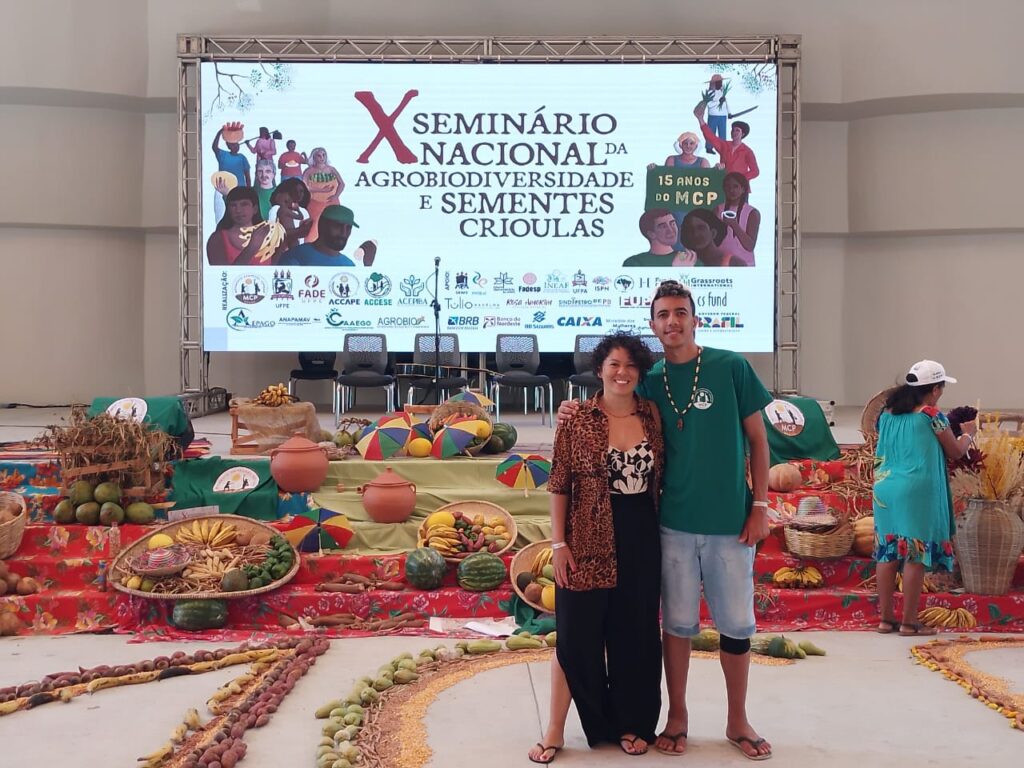
The X National Seminar on Agrobiodiversity and Creole Seeds (Senasec) took place from October 2 to 5, 2023, at UFRPE/Recife (Federal Rural University of Pernambuco), with the slogan “Healthy food: the duty of the state, the right of the people, the commitment of the peasantry”. The event, organized by the MCP (Popular Peasant Movement), brought together caravans from various states, such as Pernambuco, Pará, Bahia, Sergipe, Alagoas, Goiás and Ceará.
There were talks on the importance of protecting Creole seeds, agrobiodiversity and mystical themes. The official opening table was attended by 35 institutions, movements, universities and a wide range of fighters from the national and international camp.
On the second day of the event, there were workshops and plenary sessions. As a representative of the Commission of Young Agroecology Multipliers (CJMA), I took part in the workshop Introduction to Biodiverse Agroforestry Systems (SAFs). The workshop talked about the concept of SAF, its introduction and management in a system, the types of SAFs and, finally, the introduction of an agroforestry crop line was developed in practice.
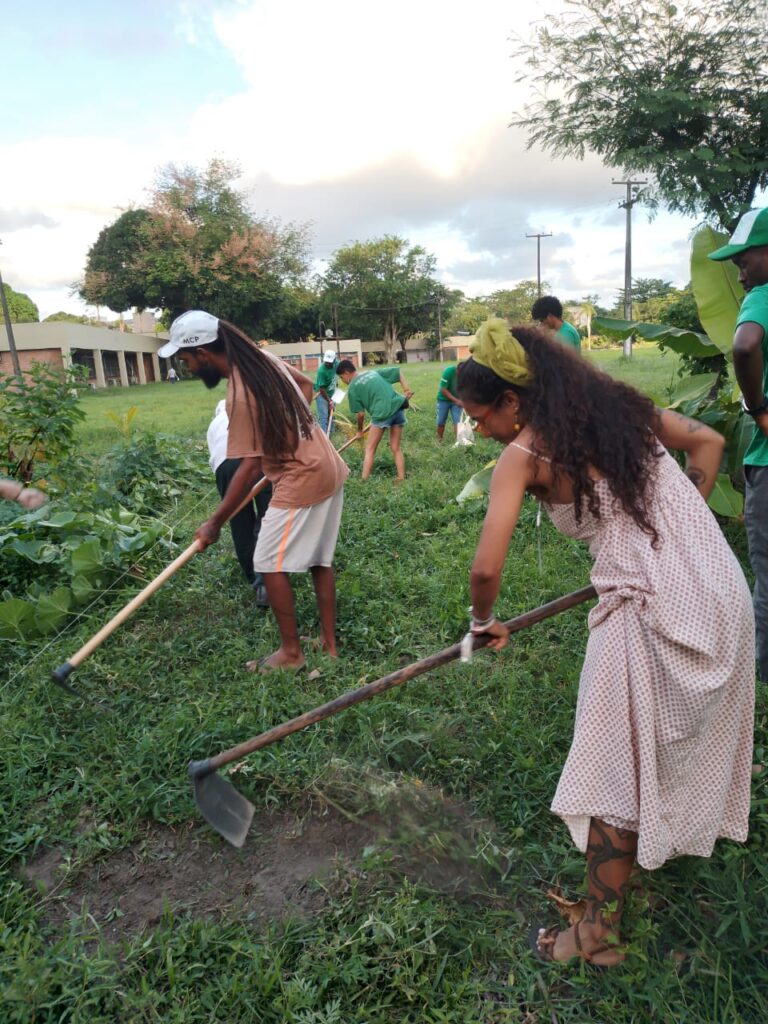
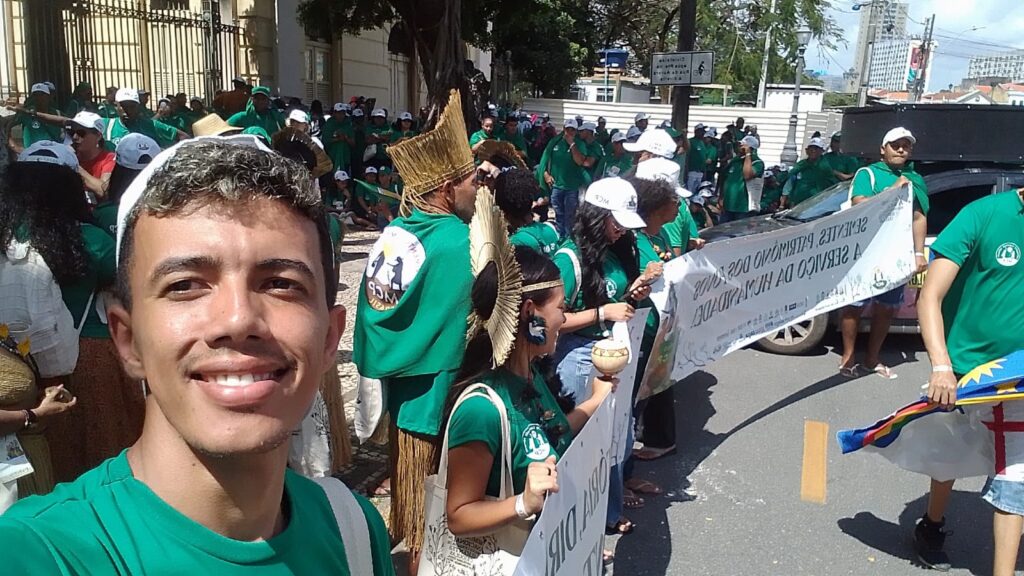
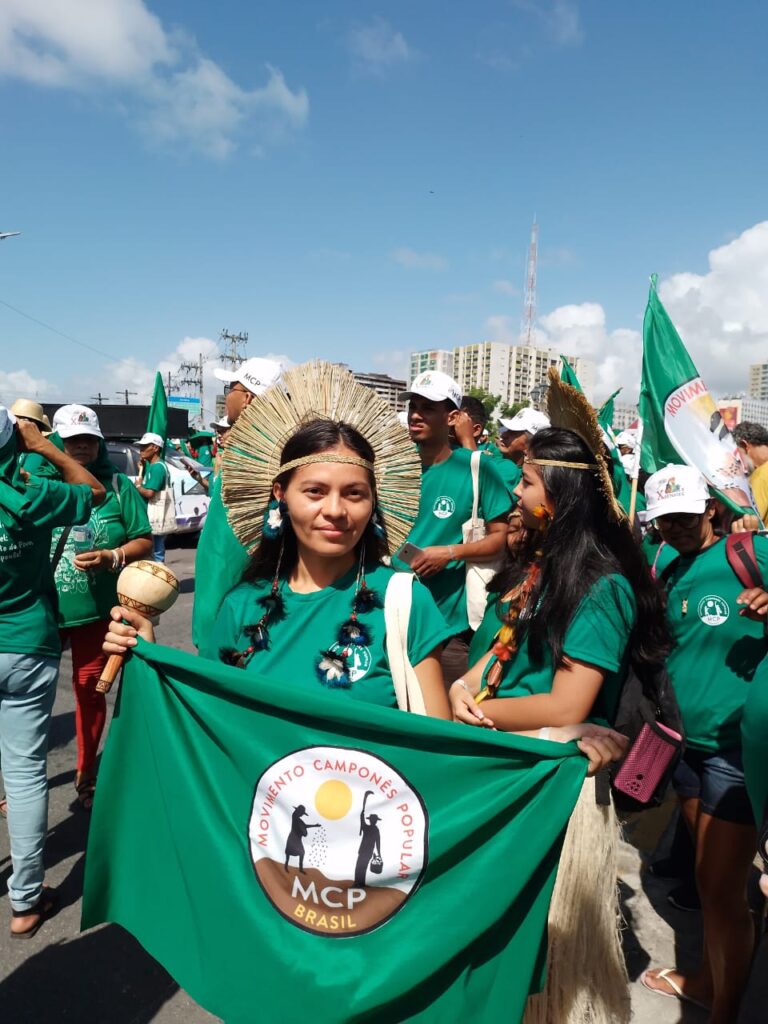
On the morning of October 4, a demonstration took place at the X Senasec, bringing together more than 1,200 people in a march to fight for agrobiodiversity and creole seeds. The march went from Parque 13 de Maio to the Palácio do Campo das Princesas of the Government of Pernambuco, to present the agenda of the peasants of Pernambuco to the state government.
The central point of the agenda is the strengthening of healthy food production through public policies developed by the government of Pernambuco, as well as actions that strengthen the production and improvement of MCP farmers’ creole seeds in Pernambuco by the state government.
The event was extremely rich, full of information, exchange of experiences, new learning and peasant empowerment. After all, if the country doesn’t farm, the city doesn’t eat. And if the country doesn’t plant, the city won’t eat!
Nothing found.

